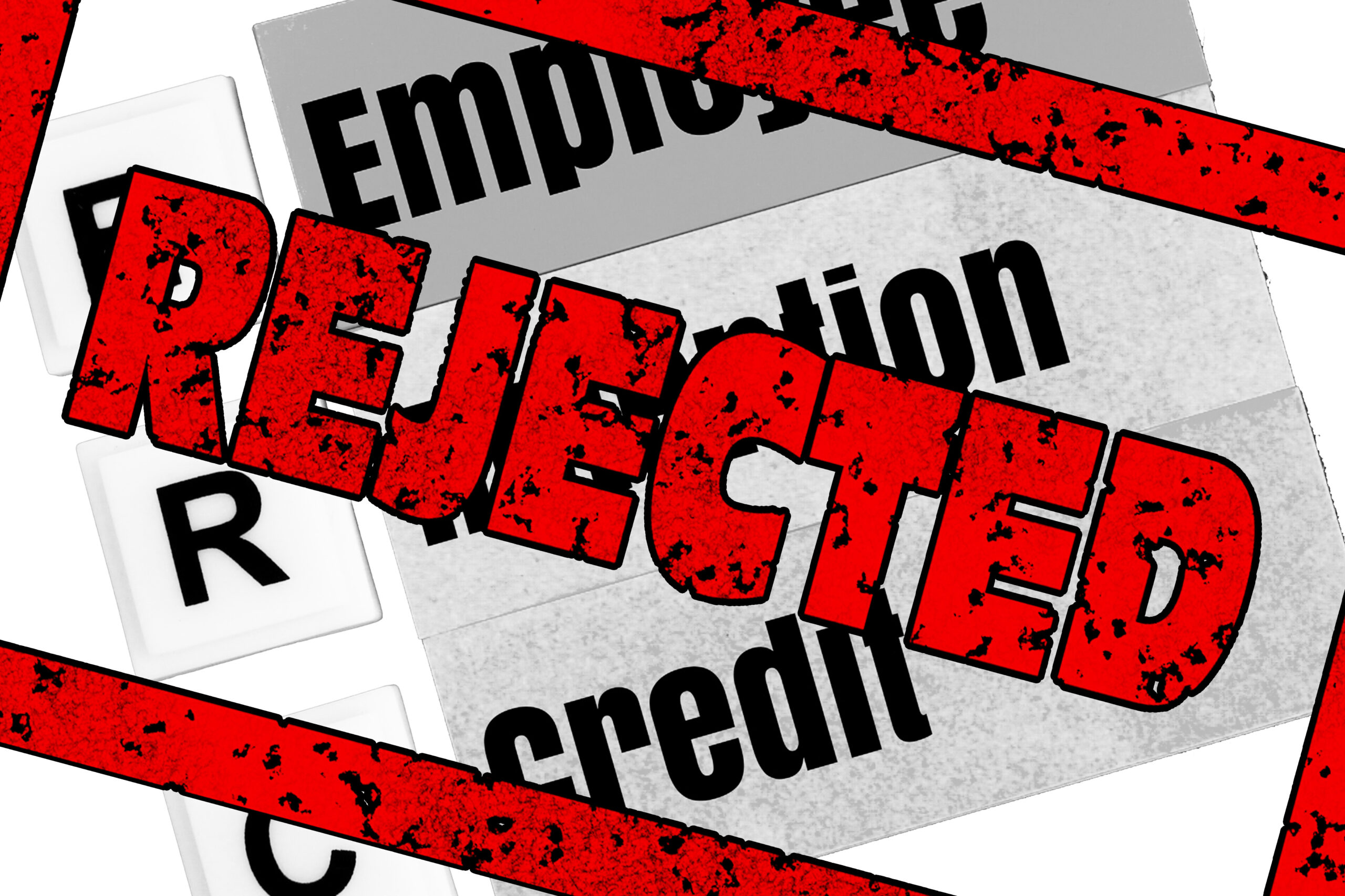
The Internal Revenue Service (IRS) has recently heightened its review efforts for the Employee Retention Credit (ERC), revealing numerous discrepancies in claims. This development necessitates a thorough review of existing claims by businesses to confirm eligibility and avoid potential errors.
Understanding Eligibility and Compliance
It is crucial for businesses with pending or approved ERC claims to reevaluate their filings. This involves verifying eligibility and ensuring that no discrepancies, such as those below, are present. Businesses exhibiting these signs should consult a trusted tax professional and consider using the ERC Withdrawal Program, which remains open.
The 12 Warning Signs
1. Essential Businesses Operating Normally: Many businesses that were fully operational during the pandemic were erroneously advised to claim the ERC. The IRS clarifies that only businesses whose operations were fully or partially suspended by a qualifying government order are eligible.
2. Lack of Suspension Proof: Businesses must demonstrate that a government order significantly disrupted their operations. Insufficient proof of such disruption disqualifies them from ERC eligibility.
3. Family Members’ Wages: Claims involving wages paid to family members of the business owner are generally incorrect and not qualified under the ERC guidelines.
4. Overlap with PPP: Wages used for Paycheck Protection Program (PPP) loan forgiveness cannot be claimed under the ERC. Businesses need to adjust their ERC claims based on the amount of the PPP loan that was forgiven.
5. Large Employers: Only wages paid to employees who were not providing services during the claim period are eligible.
6. Excessive Claim Periods: Claims for multiple quarters need careful validation as qualifying for all periods is rare and could indicate a problem.
7. Non-Qualifying Government Orders: Only specific government orders related to COVID-19 disruptions qualify for ERC. Generic or voluntary business suspensions do not meet the criteria.
8. Improper Wage Calculations: Employers should adhere to the specific wage rules that changed over 2020 and 2021, avoiding overclaims by using precise calculations for each tax period.
9. Supply Chain Disruptions: These do not automatically qualify a business for ERC unless directly linked to a qualifying government order affecting the business.
10. Extended Claim Periods: ERC should only be claimed for the period during which the business was actually affected by a government order.
11. Ineligible Employers: Businesses that did not pay wages or did not exist during the eligibility period cannot claim the ERC.
12. Promoter Misguidance: Beware of promoters who claim there is nothing to lose. Incorrect claims can lead to significant financial penalties and compliance issues.
Steps to Resolve Inaccurate Claims
To address inaccurate claims, the IRS suggests:
- Claim Withdrawal: This allows businesses to withdraw an unprocessed claim with no penalties or interest.
- Amending Returns: Businesses that have overclaimed ERC can amend their returns to correct errors.
- Voluntary Disclosure Program: This program is expected to reopen shortly, offering another avenue for businesses to correct past claims.
As the IRS intensifies its compliance efforts, it is imperative for businesses to take proactive steps in reviewing their ERC claims. Proper adherence to guidelines not only ensures compliance but also prevents potential financial repercussions. If you have any questions or require assistance, please reach out to our office or consult the resources linked below.
